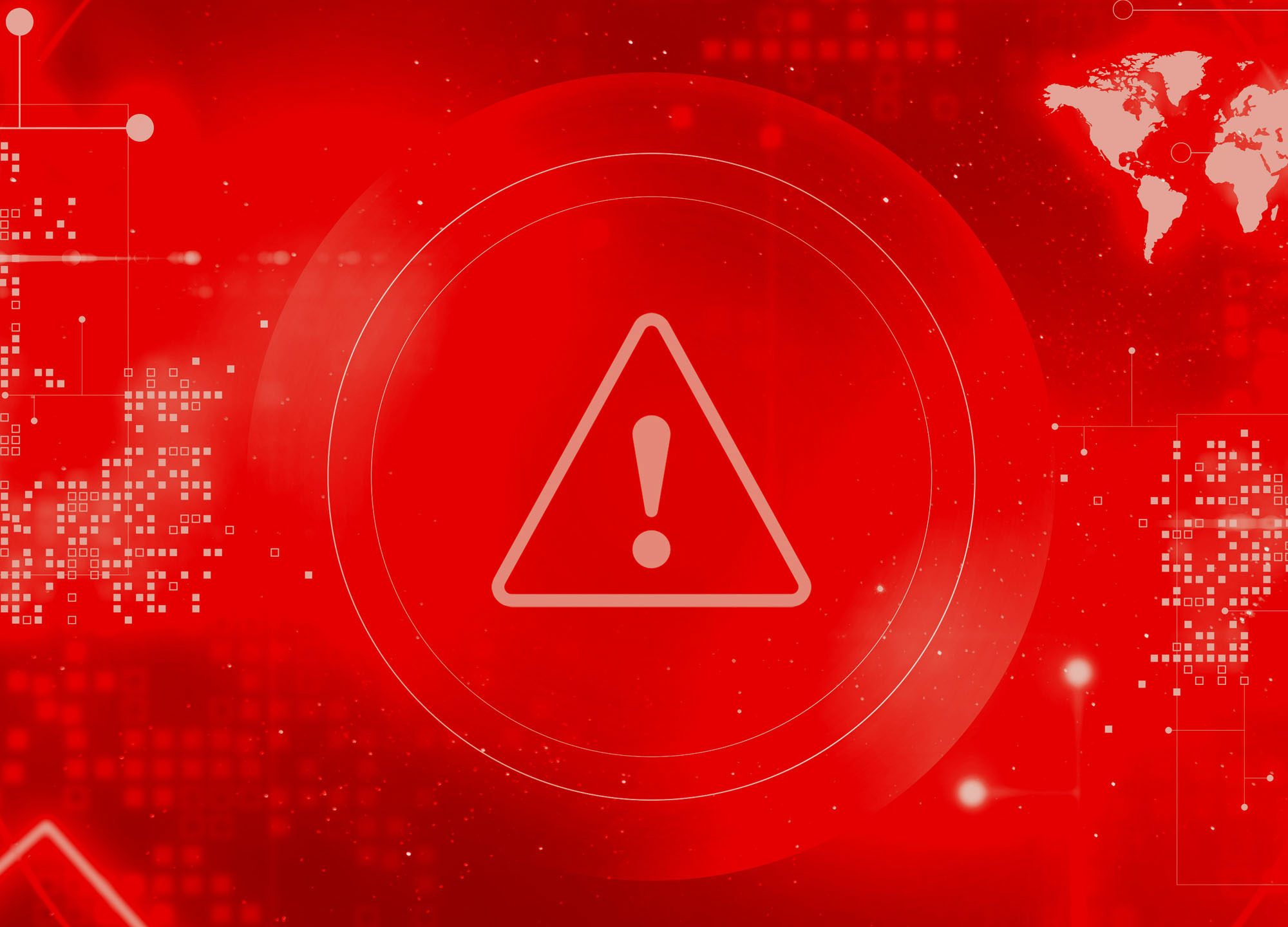Is Your IT Network as secure as you think?
Find out with a vulnerability assessment
What is a Vulnerability Assessment?
A vulnerability assessment is “the process of defining, identifying, classifying and prioritising vulnerabilities in computer systems, applications and network infrastructures” (Source: Tech Target) The process of a vulnerability assessment is intended to identify threats and the risks they pose to a business and typically involves the use of automated testing tools, assessment results are then listed in a report.Who should consider an assessment?
A business of any size can become a victim of a cyber-attack, but larger enterprises subject to ongoing attacks will benefit most from vulnerability analysis. Because security vulnerabilities can enable hackers to access IT systems and applications, businesses need to identify and fix any weaknesses before they can be exploited. A comprehensive vulnerability assessment and a management program can help companies improve the security of their systems.Why do I need to consider doing a vulnerability assessment?
A vulnerability assessment provides an organisation with information on the security weaknesses in its system which makes it easier for them to formulate a plan to address them and reduce the risk of a cyber-attack.How does it work?
A vulnerability assessment uses automated network security scanning tools that scan your network and websites for up to thousands of security risks. The results are listed in a report, which focuses on providing a list of vulnerabilities that need to be addressed. Organisations should employ vulnerability testing regularly to ensure the security of their networks, particularly when changes are made, e.g., services are added, new equipment is installed, or ports are opened.How to Assess Your Network Security
Even without the resources of a company like Genesis IT, you can improve your network security:
- Conduct a Risk Assessment: Identify your most valuable assets and the threats they face.
- Implement Basic Best Practices: Use strong passwords, firewalls, and antivirus software, update everything regularly, and back up important data.
- Network Segmentation: If possible, separate critical systems from less sensitive parts of your network.
- Employee Education: Train your staff to recognise phishing scams, report suspicious activity, and follow security procedures.
- Consider Professional Help If your network is complex or handles sensitive data, consider hiring a network security consultant or using managed security services.
Important Note: Network security is an ongoing process, not a one-time fix. Regular monitoring, updating, and vigilance are essential.
Genesis's Approach
- Extensive Monitoring: Genesis uses advanced systems to monitor network traffic for signs of malicious activity.
- Proactive Threat Hunting: Security teams constantly look for vulnerabilities and potential attack vectors.
- Employee Training: Genesis employees receive regular training on security best practices to reduce human error risks.
- Physical Security: Data centres have stringent physical access controls to prevent unauthorised entry.
- Collaboration: Genesis works with security researchers and the broader industry to share threat intelligence and improve the security posture of the internet.




